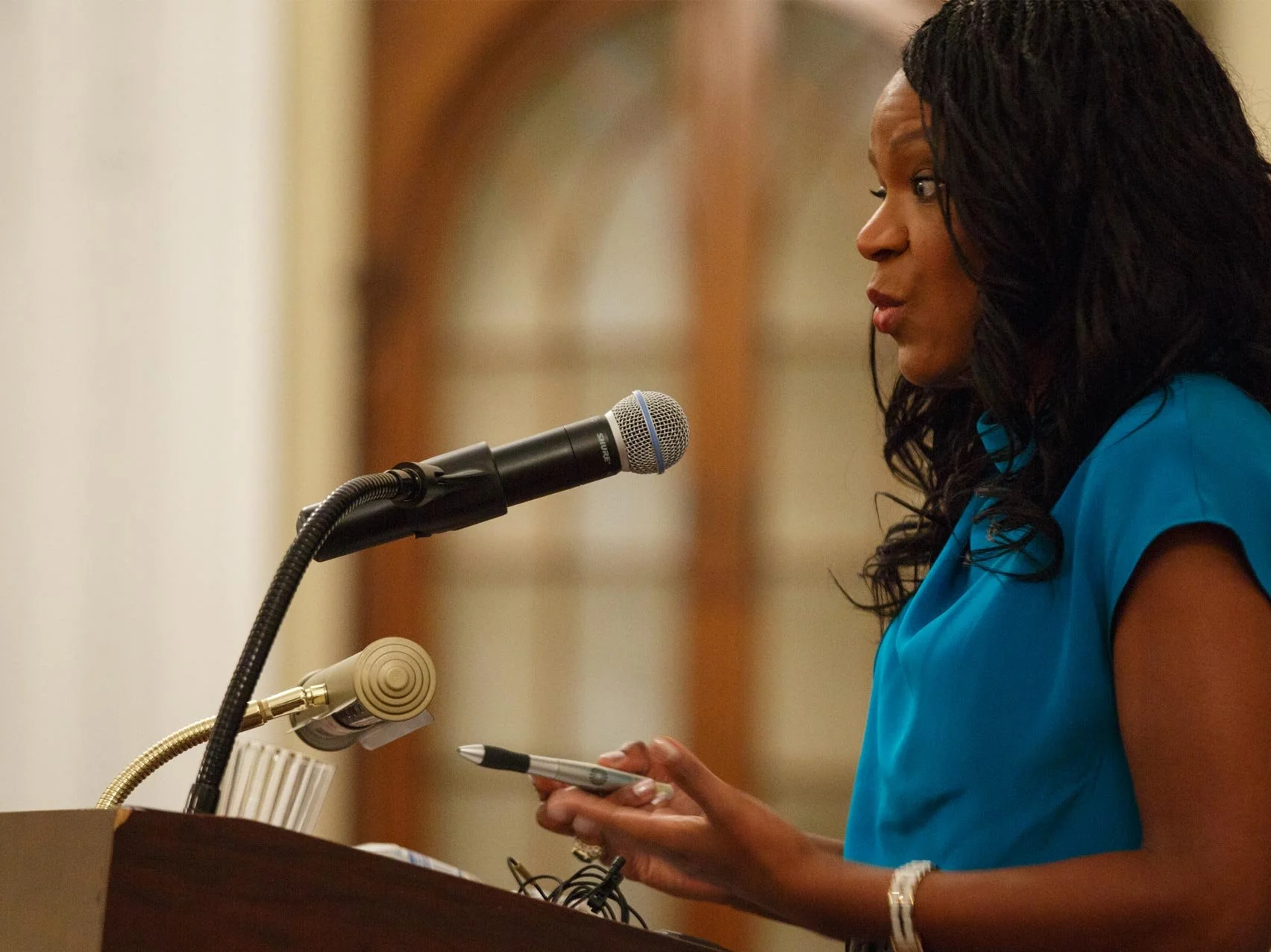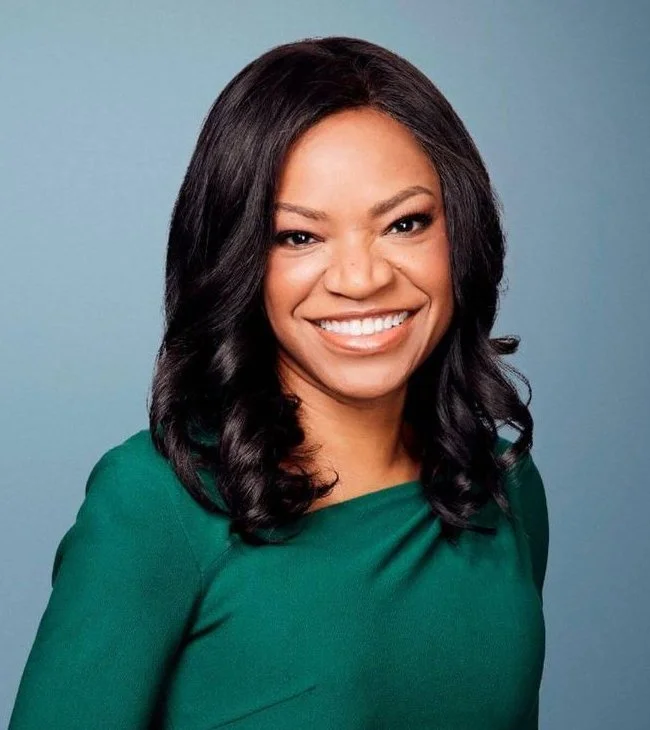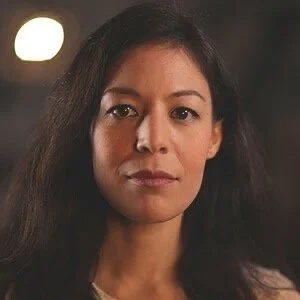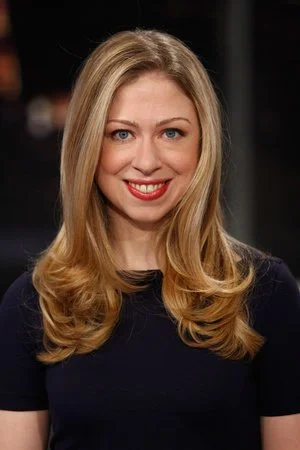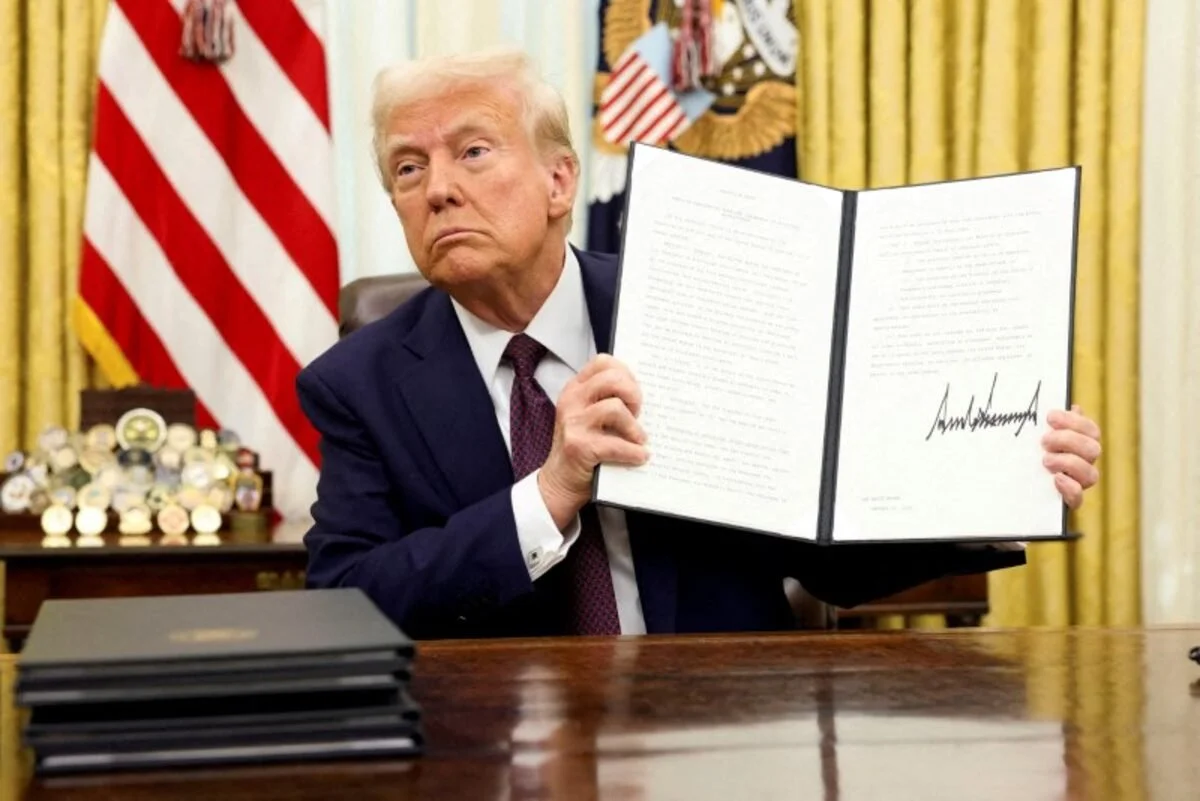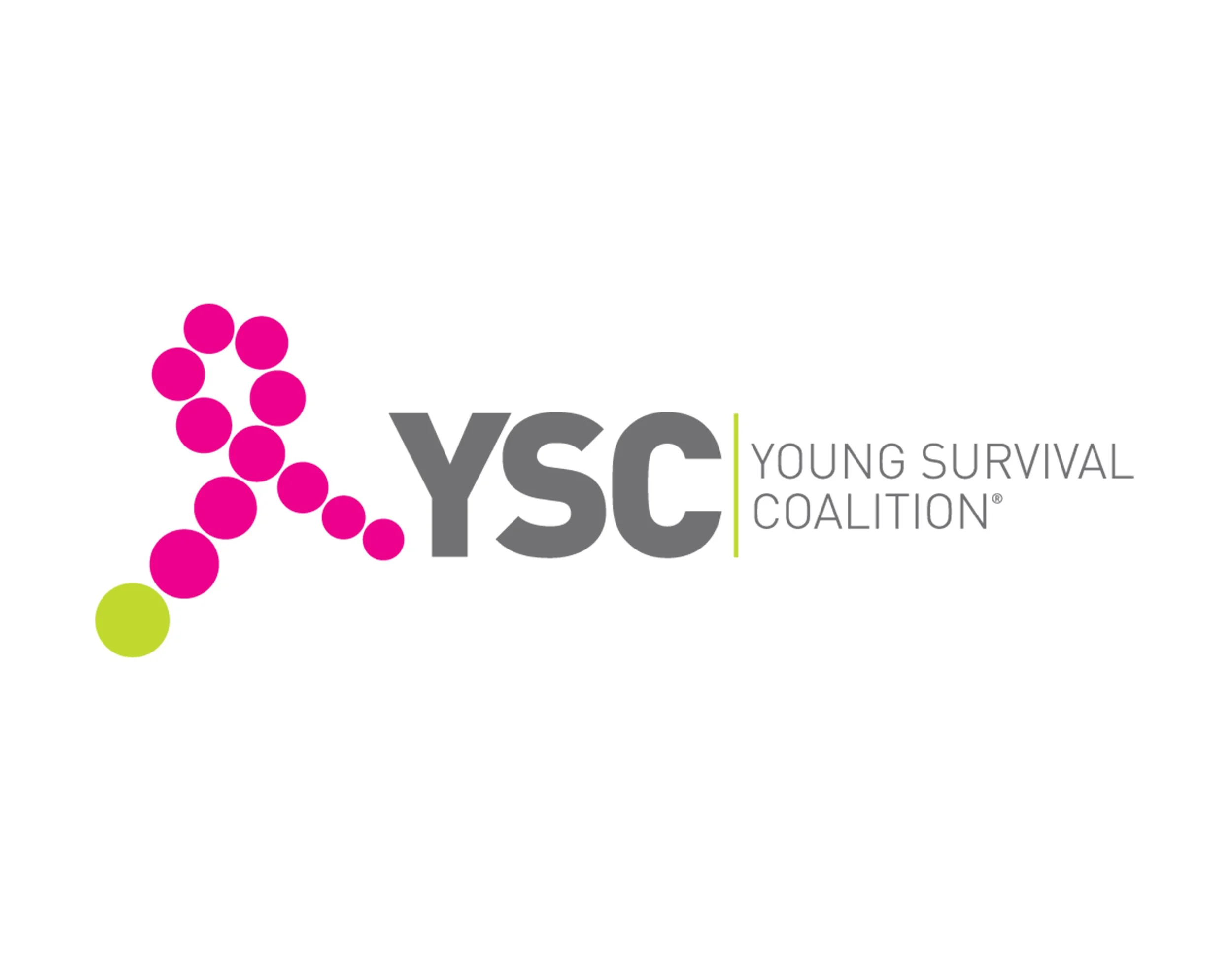
Sisters’ Keepers
A film by Athena Jones and Enrico Ventrice
This intimate documentary follows journalist and breast cancer survivor Athena Jones as she investigates why Black women have the highest death rate from the disease.
Her push for equity in healthcare is part of her family’s multigenerational fight for civil rights and comes amid a growing backlash against efforts to acknowledge and remedy the effects of racism on health in America.
The stakes
Black women in America are on average 40% more likely to die of breast cancer than White women and are twice as likely to die of the disease before age 50.
About 30% of all newly diagnosed Black breast cancer patients are younger than 50 years old.
Black women under 35 get breast cancer at two times the rate of white women and die at three times the rate.
Why Athena?
Former CNN National Correspondent Athena Jones has spent the past two decades covering politics and public policy, the economy and culture, often reporting on powerful people trying to make a difference.
She’s spent her life telling other people’s stories and is now sharing her own in hopes of changing the story for Black breast cancer patients and helping women of all races better understand their risk of developing the disease.
Athena is the ideal person to tell this story. It is her personal experience that drives her quest for answers and her push to raise awareness about serious conditions like cancer that are not discussed enough in the Black community. Her family’s history making efforts to win civil rights and equal representation for Black people add a unique perspective to the story and contribute to our understanding of civil rights history.
Athena’s journey
After being diagnosed twice in her 30s, despite no family history, Athena sets out to understand why she developed breast cancer and why Black women have the highest death rates from the disease of any race. She also examines whether more Black women’s lives could be saved by following different screening guidelines.

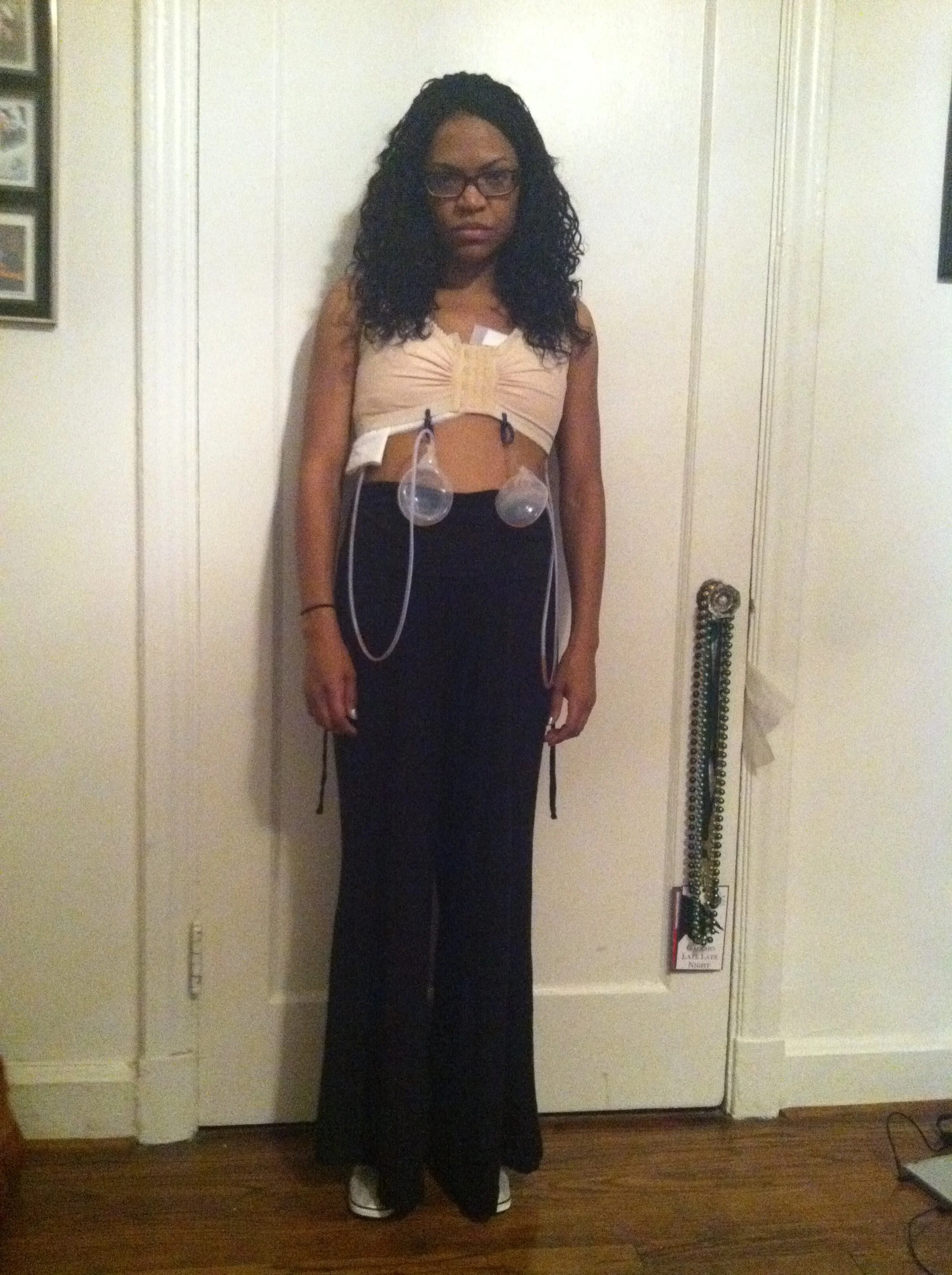
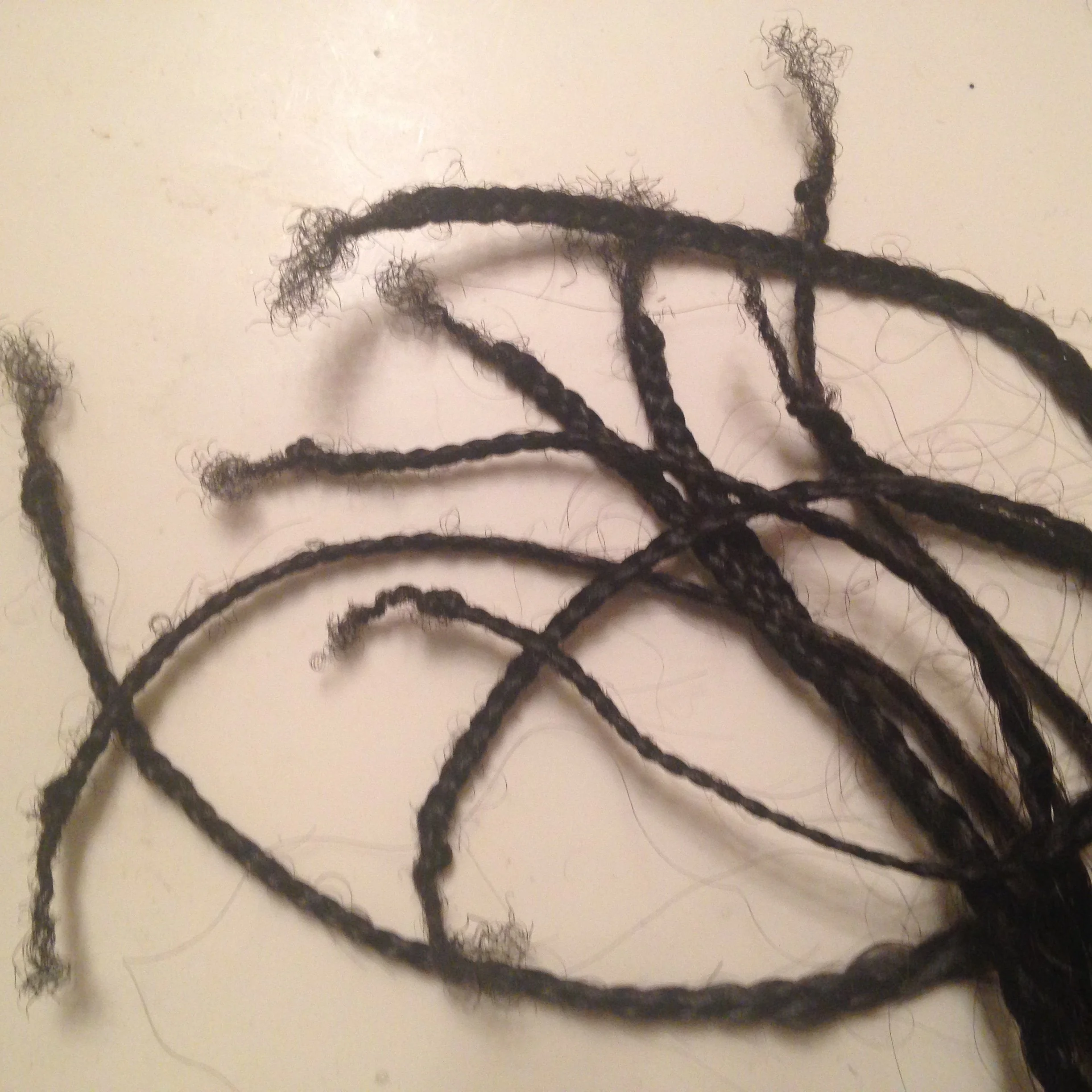




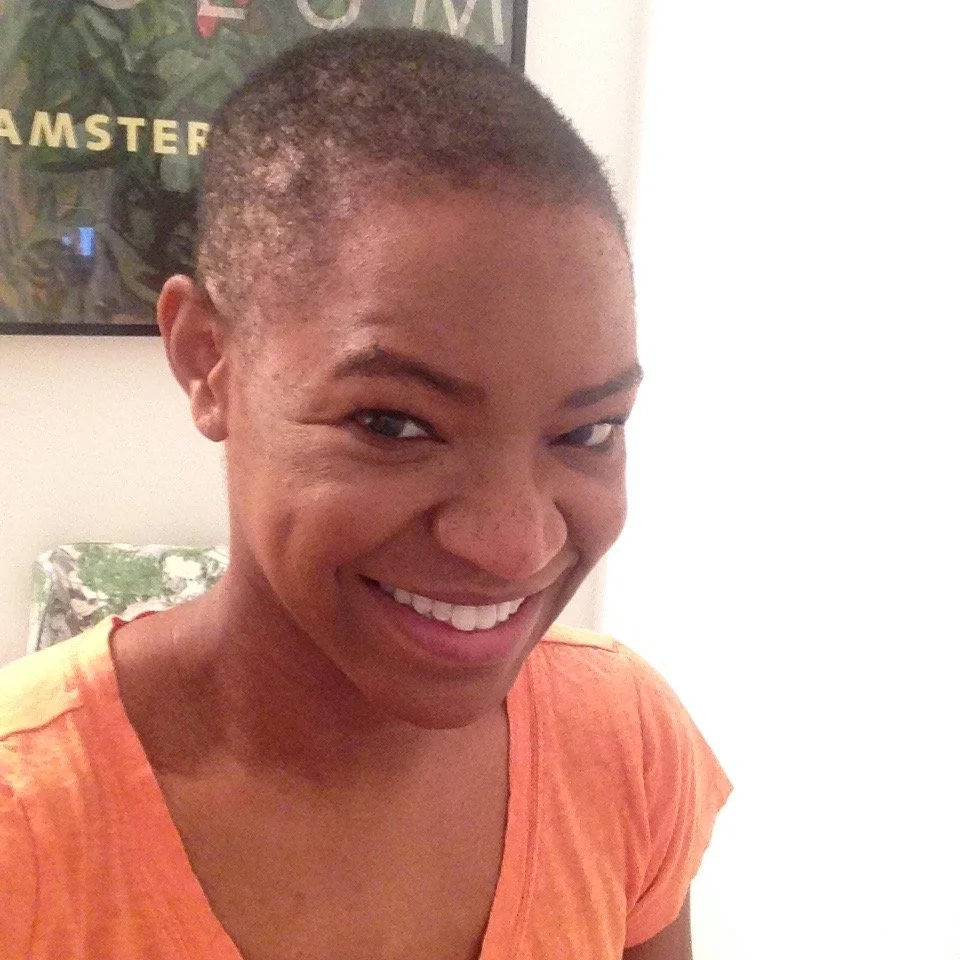

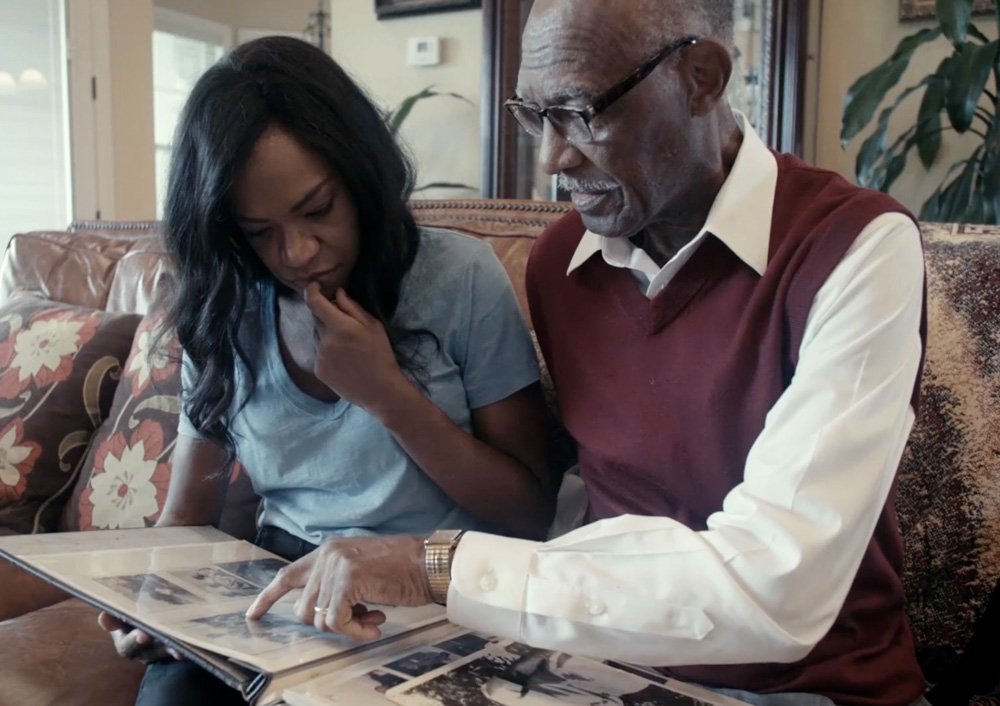

Meet the team
Athena Jones
DIRECTOR, WRITER & PRODUCER
Journalist & breast cancer survivor
Enrico Ventrice
DIRECTOR, PRODUCER & CINEMATOGRAPHER
Award-winning documentary director & producer who has completed 20 doumentaries
Sonia Kennebeck
CONSULTING PRODUCER
Independent documentary filmmaker and investigative journalist whose feature films include "National Bird"
Hannah Rosenzweig
CONSULTING PRODUCER
Film director & producer working at the intersection of film, media & social justice whose films include "SURGE"
Chelsea Clinton, PhD
ADVISOR
Lisa Newman, MD
ADVISOR
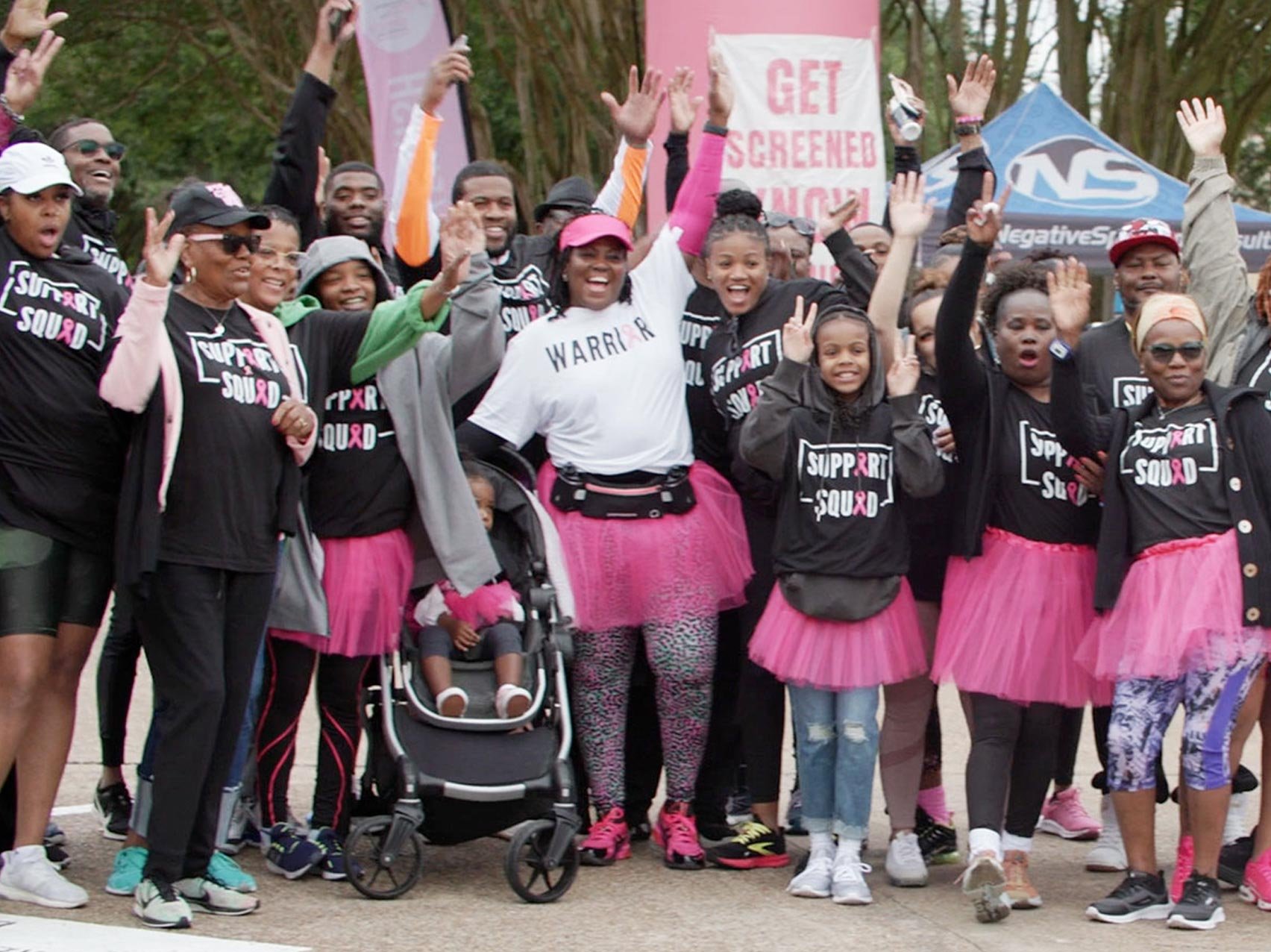
Toxic exposure?
Athena explores whether a toxic site she lived next to for three years as a child could have caused the cancers that affected her and her mother. The neighborhood later became an Environmental Protection Agency Superfund clean-up site. The homes and elementary school built right next door were razed to the ground.
Fighting for equity in healthcare
Throughout Athena’s quest for answers we meet people like 36-year-old breast cancer patient Judie Ulysse; Karen Jackson, a four-time breast cancer survivor and advocate whose organization recommends Black women get a baseline mammogram by age 35; and two MacArthur “genius grant” fellows, oncologist and breast cancer researcher Dr. Funmi Olopade at the University of Chicago and MIT Professor Regina Barzilay, who has developed an artificial intelligence tool that can more accurately assess an individual’s breast cancer risk across races than traditional models.
Freedom is a constant struggle
Athena’s push for health equity, a state in which everyone has a fair opportunity to achieve their highest level of health, is just the latest phase in her family’s fight for equality in America. We learn about Athena’s late grandfather, the Rev. Dr. Marvin C. Griffin, a pastor and civil rights leader who helped desegregate the city of Waco, TX in the early 1960s and Athena’s father and uncle who fought in federal court to desegregate city schools and worked to ensure Blacks could elect their own representatives in northeast Louisiana in the 1970s, 80s and 90s.
The new backlash
While some healthcare providers, educators and advocates are working to improve care for historically underserved patients, recent moves by the Trump administration threaten funding for health equity research. The administration questions the existence of systemic racism and has shown a disdain for equity as a worthwhile goal. Researchers and experts in health equity worry these moves will worsen disparities and roll back the progress made in recent years toward acknowledging the impact of structural inequities linked to racism on health.
Style & Approach
Athena’s quest for answers provides the film’s narrative line, with the audience following along as she speaks with advocates and experts. We begin with Athena’s story, told with the help of archival material. She then leads the audience into a parallel narrative, the story of current breast cancer patient Judie Ulysse. We follow Judie through her treatment and recovery, often through intimate, self-recorded cell phone videos. Meanwhile, archival materials, including 8mm film reels and Athena’s grandfather’s papers housed at Baylor University in Waco, TX, help place our story in the broader context of U.S. civil rights history.
Characters & Subject matter experts
Athena Jones, journalist and breast cancer survivor
Judie Ulysse, breast cancer patient
Karen Jackson, breast cancer survivor and advocate
Benjamin Jones, Athena’s father
Se’Nita Harris, breast cancer survivor and advocate
Marie Flickinger, publisher of South Belt-Ellington Leader newspaper
Linda Villarosa, author of Under the Skin: The Hidden Toll of Racism on Health in America
Regina Barzilay, breast cancer survivor and professor of artificial intelligence and health at the Massachusetts Institute of Technology
Dr. Christina Hunter Chapman, health equity researcher and radiation oncologist
Dr. Funmi Olopade, oncologist at the University of Chicago
Dr. Larry Norton, oncologist at Memorial Sloan Kettering
Dr. Wanda Nicholson, chair of the U.S. Preventive Services Task Force
Dr. Carol Mangione, former vice chair of USPSTF
Dr. Constance Lehman, professor of radiology at Harvard Medical School
Educational Resources
We hope our film can be a useful educational tool, highlighting resources for women facing breast cancer. We plan for our community screenings to double as opportunities for people to get information about free screening, financial help during treatment, rides to treatment and other support for patients and survivors.



